Featured Research: Women's History Month 2023

Happy International Women's Day 2023!
Throughout the month of March, we are celebrating women's achievements from around the world. This year, the theme for Women's History Month is 'Celebrating Women Who Tell Our Stories'.
For March 8, delve into these 8 research projects by Laidlaw Scholars that explore the stories of women whose actions, contributions, and impact have gone largely unnoticed throughout history, both in real life and in literature.
Women as Survivors of Civil War Violence: A Comparative Study of Ireland and Spain
By Mairéad Butler, Trinity College Dublin
Supervisors: Dr Catherine Barbour and Dr Francisco Leira-Castiñeira
Mairéad's project examines the memory, experience, and discourse of gender-based violence during the Irish and Spanish Civil Wars. Women's voices have historically been ignored and silenced in the memory and historiography of these conflicts. Her research focuses on the similarities and differences between the two historical contexts to amplify the voices of women and empower them in the process.
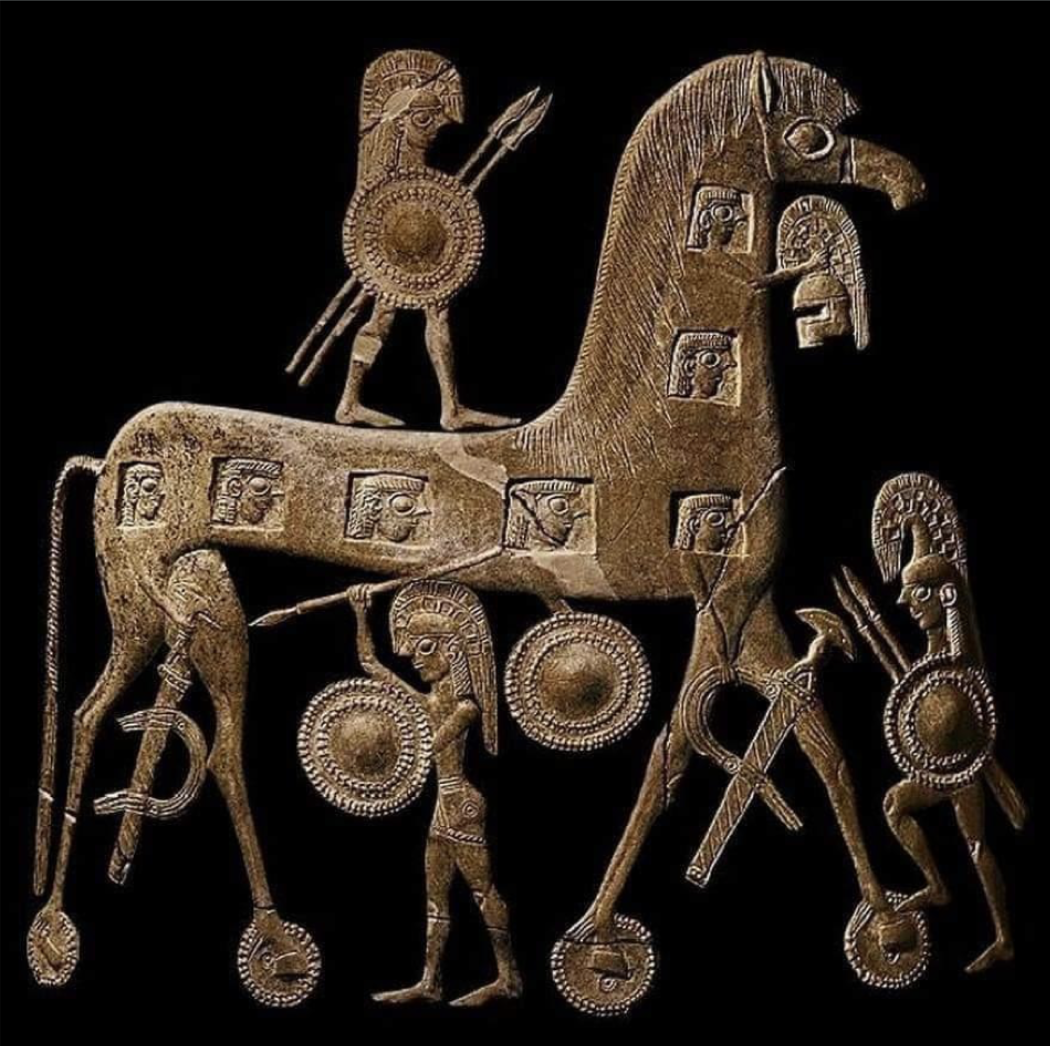
Louche Women A Study of the Odyssey’s Female Deceivers
By Isabella Redmayne, University of St Andrews
Supervisor: Dr Ann Sophie Schoess
Why do some lies fail while others succeed? Classical literature is full of deception, and ancient authors often explore the concept of falsehood. Among the many ancient texts that examine liars, Homer's epic poem Odyssey, which follows the hero Odysseus on his journey home from the Trojan War, must be the most celebrated. Isabella's research focuses on exploring the motivations behind the deceptions engineered by the women in Odyssey.
Isabella commented: "I began my project in 2020 thinking about politicians who, at the time, were making lies work very well for them; they were men. Then, the British 2021 Rape Review report was published, showing that British police forces were still unwilling to believe female testimony. The police response to the Sarah Everard vigil suggested a fear of this testimony which I had not expected. I wanted to scrutinise how and why the boundary between harmless storytelling and lying shifted depending on gender, and what better way than with the ultimate celebration of both -- Homer's Odyssey. Helen is a fabulous liar and storyteller, but she's treated so differently to heroic Odysseus."
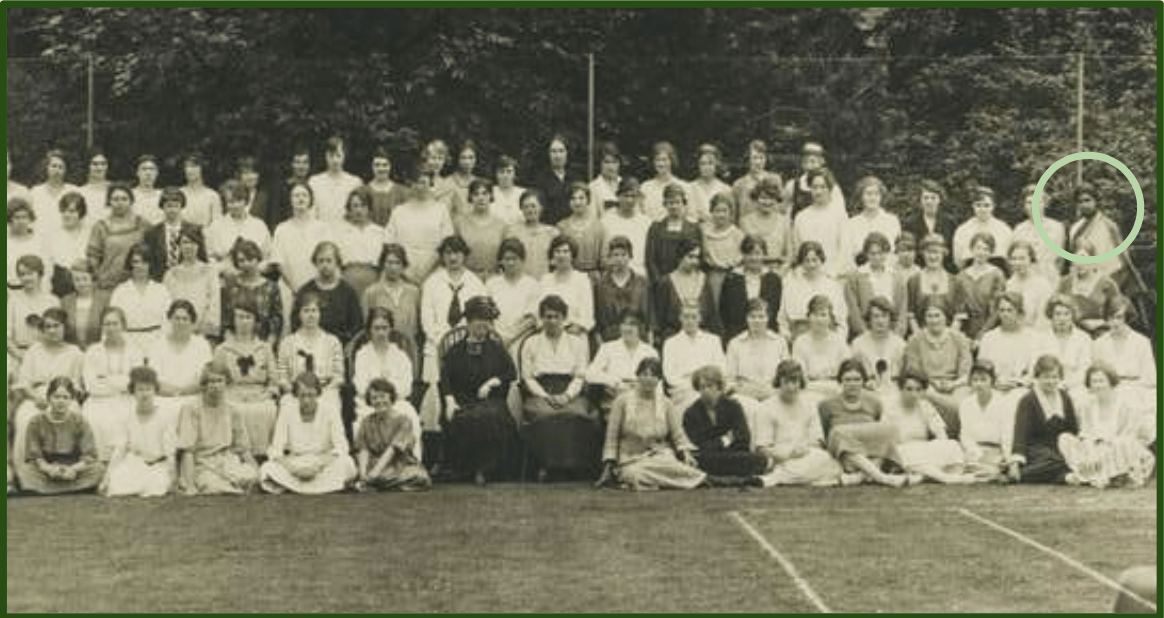
"Intimate Internationalisms": Women and Empire at the University of Oxford, 1891-1947
By Mrinalini Sisodia Wadhwa, Columbia University
Supervisor: Professor Sneha Krishnan
Elite British universities like Oxford were the epicentre of early 20th-century internationalism and imperialism. Although there is a great focus on classes of British colonial officers and missionaries who would later free their countries from colonial rule, there is much less focus on the women with ties to the British Empire who attended these universities. Mrinalini's project examines the stories of 134 Anglo-Indian, Indian, and missionary women who studied at St Anne's College, University of Oxford. Through archival research, Mrinalini explores how these women contributed to internationalism and were influenced by imperial interests that shaped their funding sources.
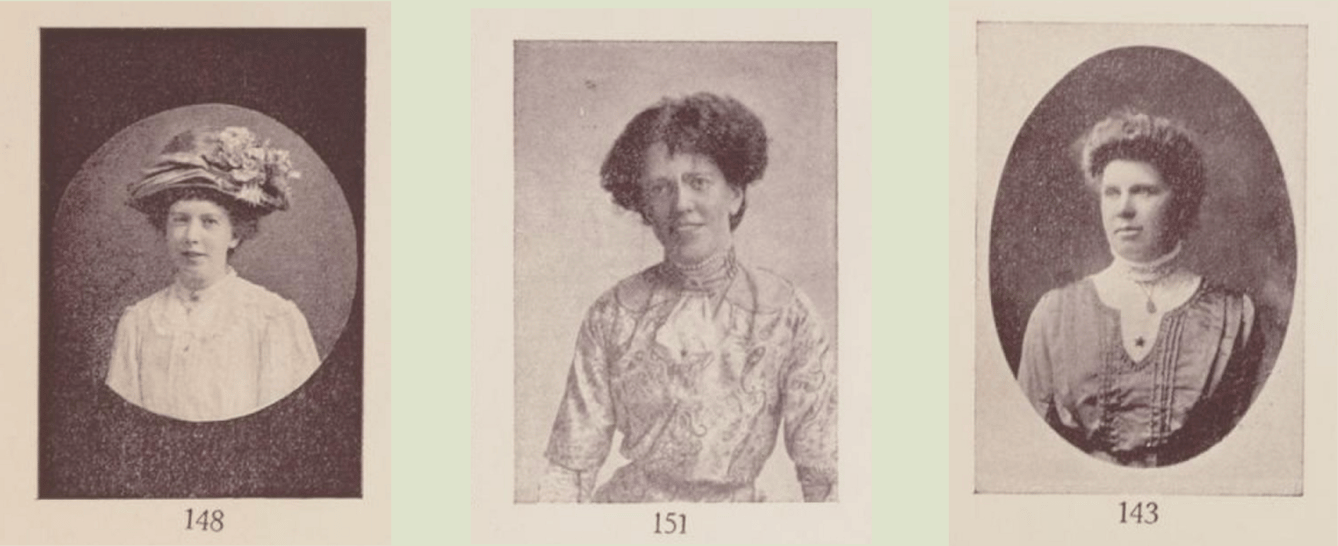
A Movement, Maps and the Midlands: Women Esperantists in 1911 Scotland and England
By Claire Taylor, University of St Andrews
Supervisor: Dr Bernhard Struck
Out of the 106 Scottish attendees at the Seventh International Esperanto Congress in 1911, 65 were women. Claire's research delves into the backgrounds of these women and how they came to attend the conference. Her research also aims to shed light on women's involvement in the Esperanto movement in Britain, a subject that remains largely unexplored in gender and transnational history. Claire's findings reveal that women not only participated in the Esperanto movement but also held leadership positions and made significant contributions to expanding the language's user base.
Claire commented: "As an aspiring historian, the results of my research project remain close to my heart because of the striking multi-dimensional histories of women's lives and intellectual passions I uncovered. I came across the multifaceted nature of a woman's life and aspirations again during my Leadership-in-Action project while staying with a Fijian host family—I stumbled upon overlooked female leadership stories and learned how women vitally and continuously birth, fuel, and care for their communities as they have since the beginning of time. Both experiences inspired me to dedicate my studies to uncovering women's histories, hidden in plain sight. Waiting to be spotlighted like so many incredible women, these Scottish women Esperantists were always there. I just had to write them into what we call 'history.'"
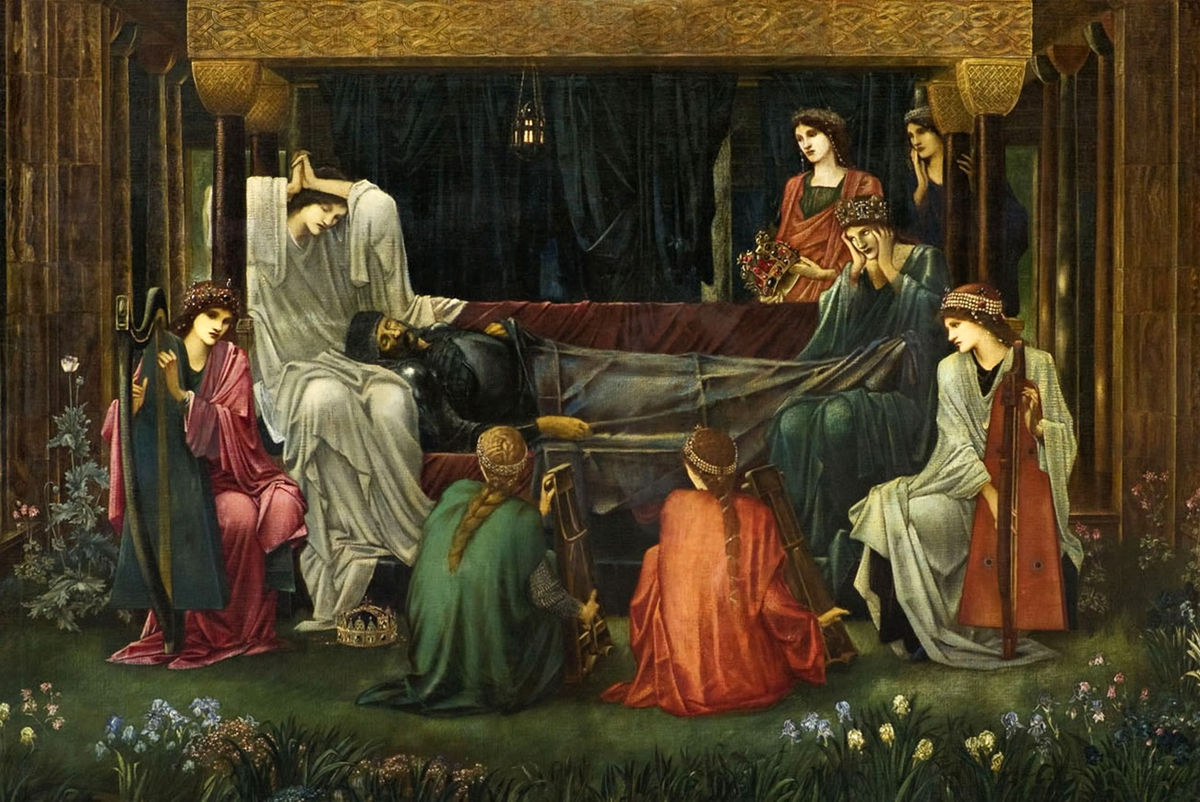
Suppressed, Separate, Supernatural: A Feminist Poststructuralist Analysis of Female Agency in Le Morte d'Arthur
By Ailsa Nice, University of York
Supervisor: Dr Lucia Aiello
The tales of King Arthur and the Knights of the Round Table are widely known, featuring popular male figures such as Lancelot, Galahad, and Arthur himself. However, the stories of the female characters are often overlooked. These women are typically relegated to the background or only seen in relation to men. Alisa's research examines La Morte d'Aarthur using feminist poststructuralist theory to analyze the agency of women within the text. The study aims to determine the extent to which female characters experience transformation and demonstrate control.
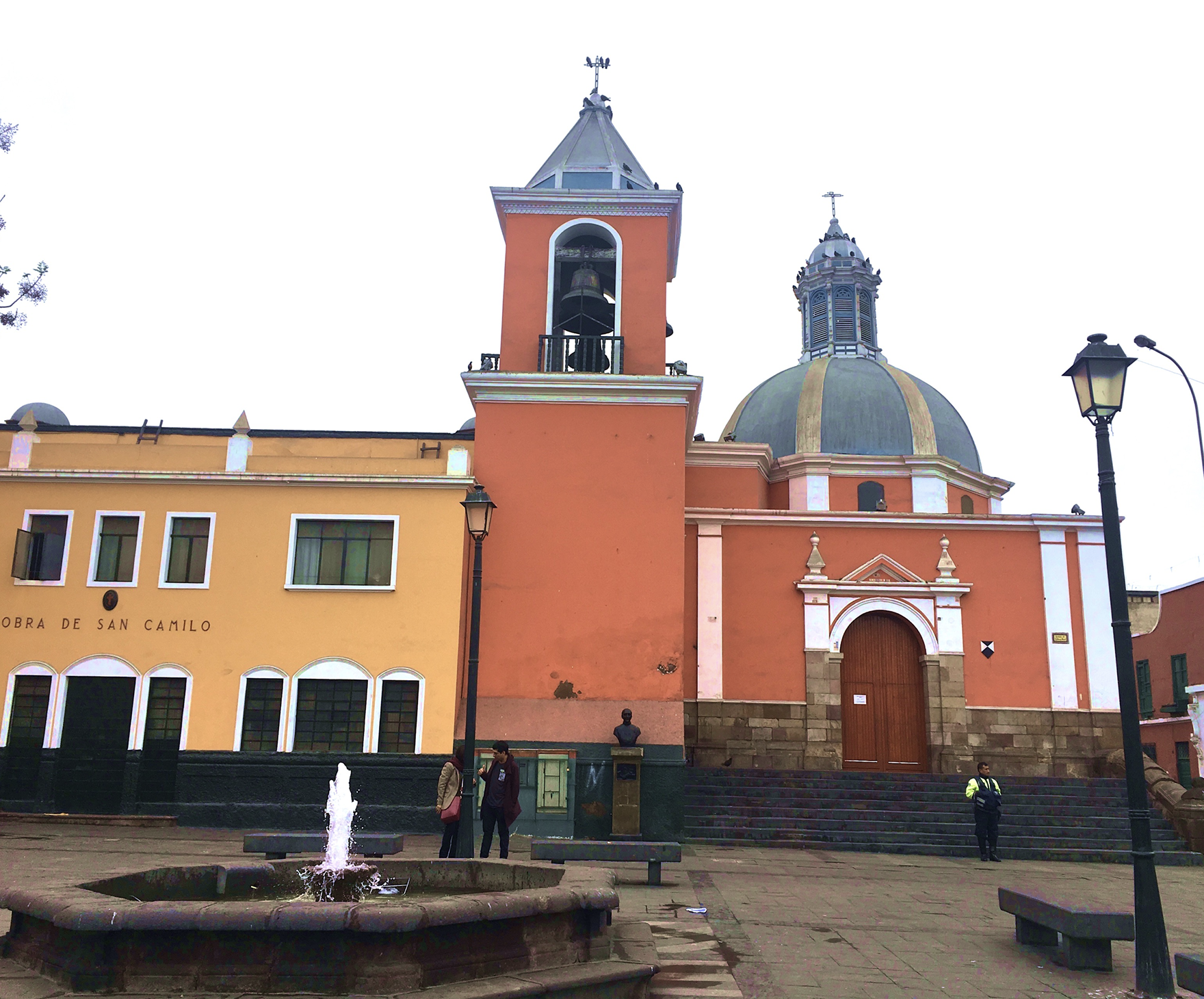
Revolutionary Women in the Indigenous Revolt of 1783, Peru
By Laura Nebout, University of St Andrews
Supervisor: Dr Sabine Hyland
During Peru's colonial period, an indigenous leader named Felipe Tupac Inca Yupanqui led a rebellion in the province of Huarochirí against the Spanish Crown. Despite his efforts, Felipe was arrested and put on trial three years later, along with those who had aided him, including two women: Felipe's common-law wife and the woman who had sheltered him while he was in hiding. Laura's research investigates the roles and experiences of these two women during the revolt and after the trial which condemned them.
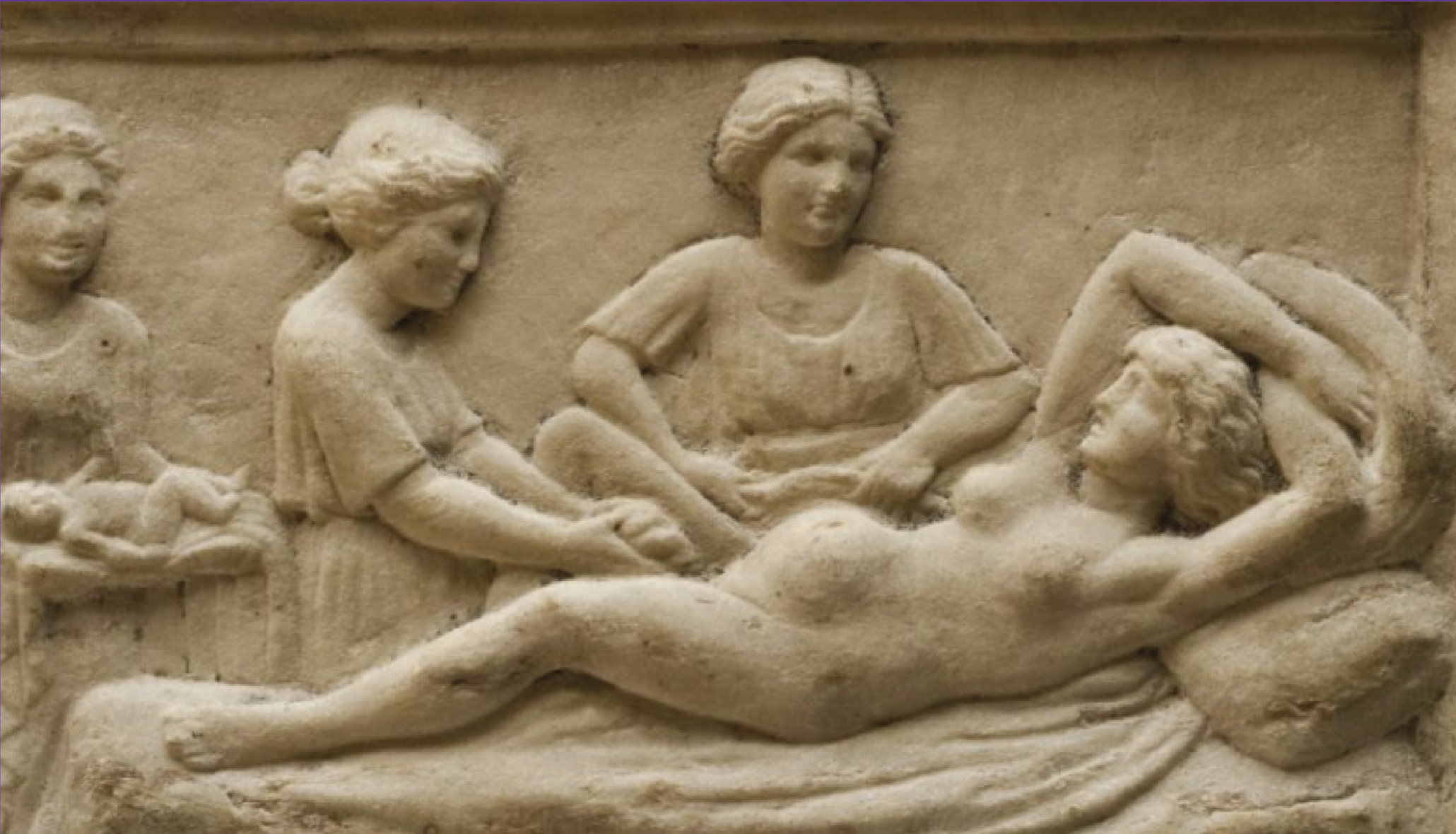
Reproductive Agency and the Role of the Female Psyche in Soranus' Gynaecology
By Helen Ruger, Columbia University
Supervisor: Dr Brook Holmes
Helen's research explores the female psyche's capacity to interfere with the reproductive process and whether that constitutes female agency. She argues that in the context of Soranus' Gynaecology, the female psyche is a source of resistance to the regulation of the reproductive imperative or can be understood as self-regulation. Her research also reevaluates the claims that deny the existence of any female agency in Soranus' work and Ancient Greek medical literature more broadly.
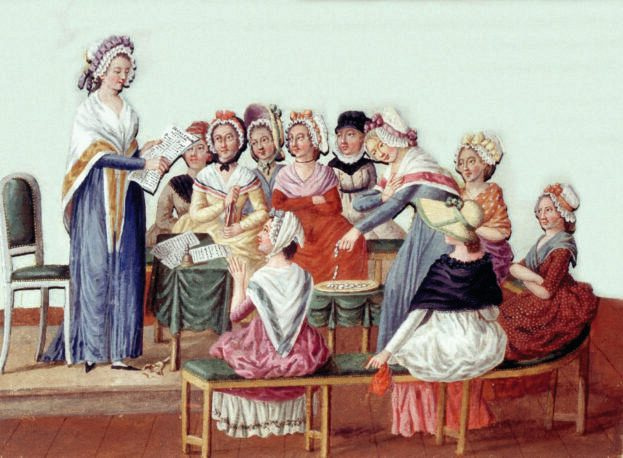
On the Barricades: the Hidden History of Women in the French Revolution
By Clare Burgess, University of York
Clare analyses the role of women during the French Revolution and the period in France leading up to it. Her project examines six women from diverse socio-cultural backgrounds and finds that French women contributed to the Revolution through various means, including their writings, influence over men, and social status.
Have we missed out on a great project or upcoming work related to this theme? Get in touch and let us know by emailing peter.vojnits@laidlawfoundation.com.
Inspired to conduct your own research project? Become a Laidlaw Scholar to conduct a research project of your choice, develop your leadership skills, and join a global community of changemakers from world-leading universities.
Find out more about the Laidlaw Scholars Undergraduate Leadership and Research Programme.
Please sign in
If you are a registered user on Laidlaw Scholars Network, please sign in